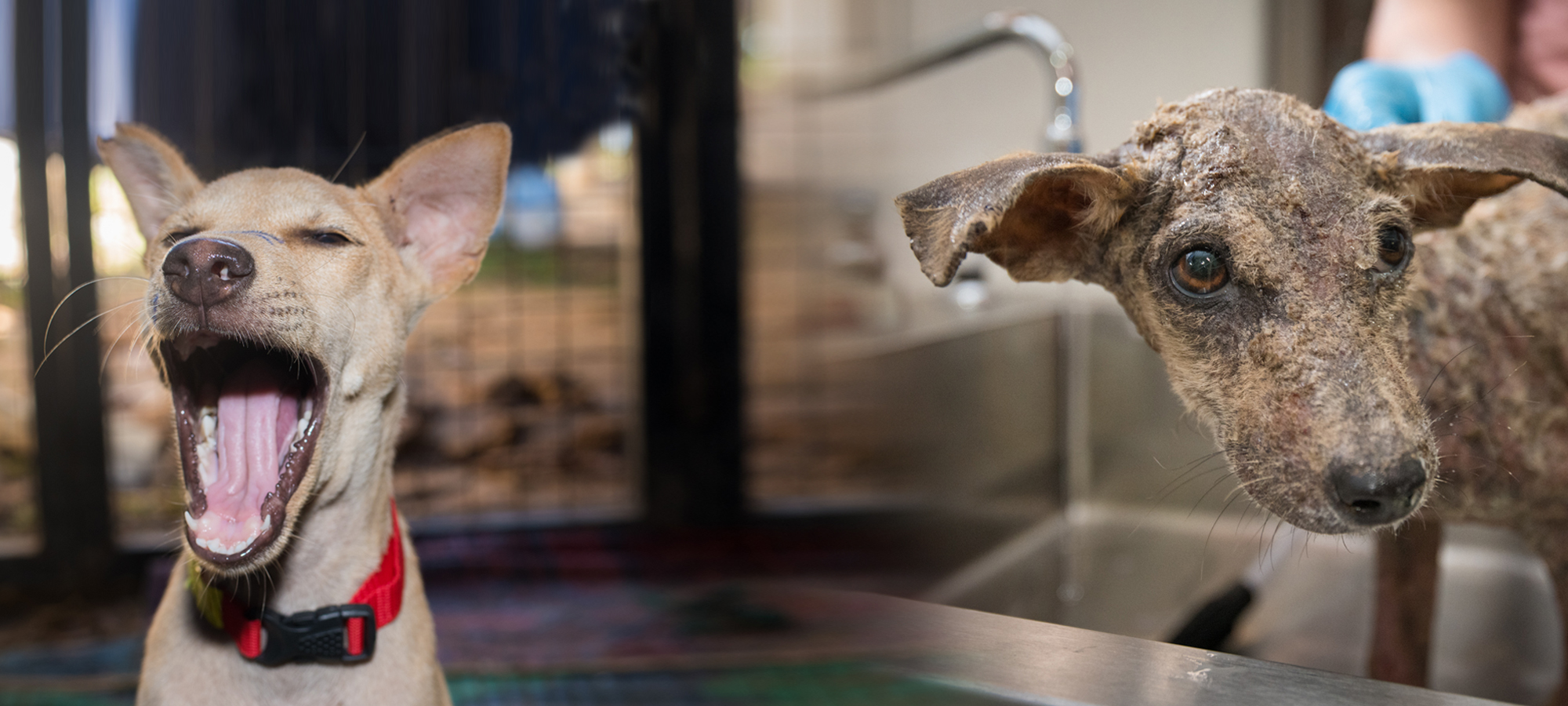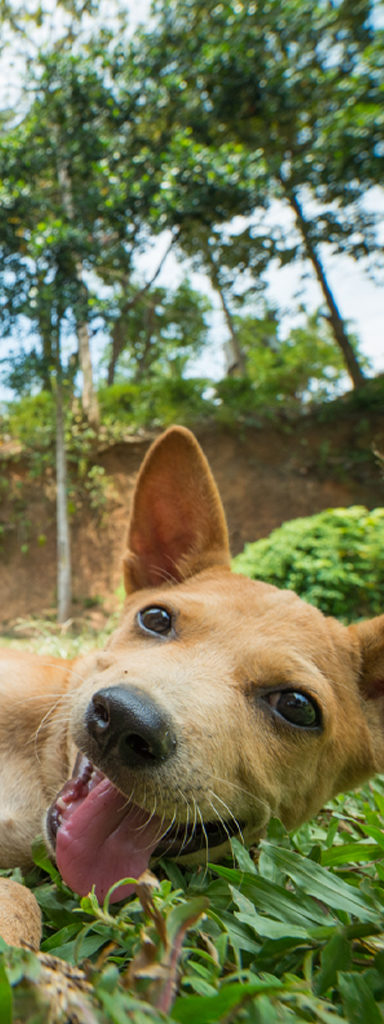THERE ARE AN ESTIMATED 3 MILLION STREET DOGS IN SRI LANKA
We could be doing a cruisy 9-5 job at a practice in the UK but we don’t want to stay in our comfort zone as vets. We’d rather use our skills where they’re needed most – Sri Lanka seems like a good place to start.
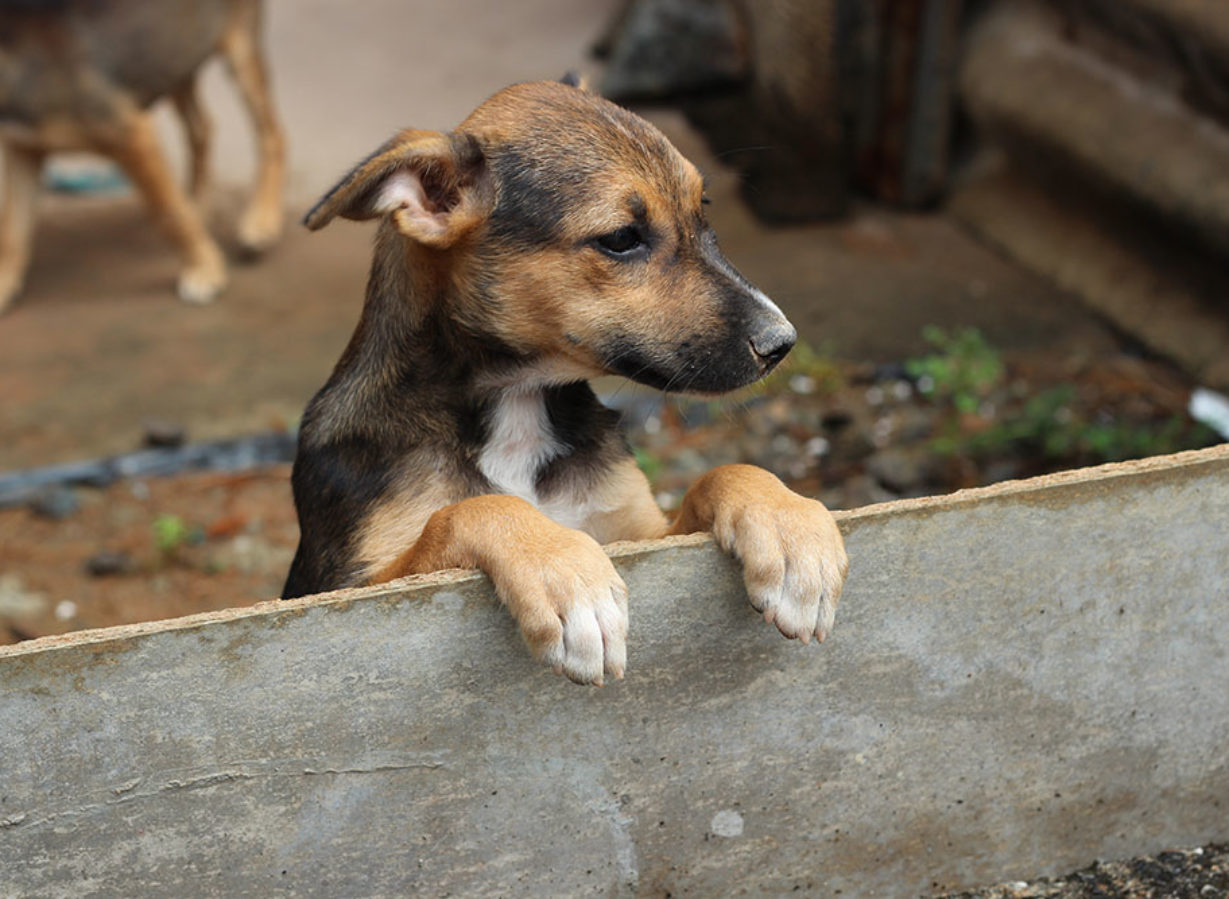
1 DOG FOR EVERY 6 PEOPLE
According to the Ministry of Health in Sri Lanka, there's one dog for every six people in the country. Veterinary services on the island are limited, especially for street dogs. With such a high concentration of dogs, you can imagine the number of road traffic accidents, dog fight wounds and spread of infectious disease. However, locals often don't have the money to take community dogs to the vet - we aim to bridge that gap.
THE NEED HERE IS HUGE
We are the only veterinary hospital on the island dedicated to street dogs. The shocking injuries we encounter every day show that our facility is vital. The hospital is always working beyond capacity and this is just in our small area of the island. Our dream is to have the entire country covered.
Veterinary training in Sri Lanka can sometimes be lacking, so we also want to share our skills and empower local vets to serve their community better.
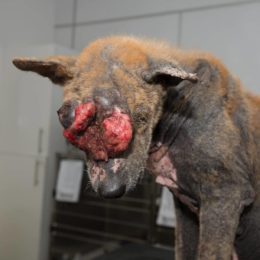
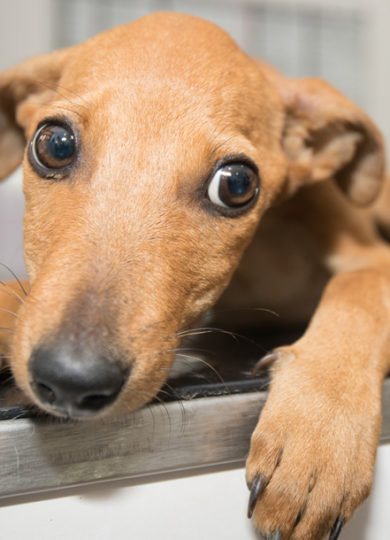
Street dogs have been part of Sri Lanka's culture for generations, but they’re often hugely misunderstood, by both locals and tourists. There's a lot of misinformation about rabies, causing many to fear the dogs.
However, we’re not here to judge. We aim to understand and help/educate where we can. Roaming dogs have a totally different set of requirements to pet dogs - they need freedom, food, the odd cuddle and veterinary care. Most have the first three - we're here to deliver the fourth.
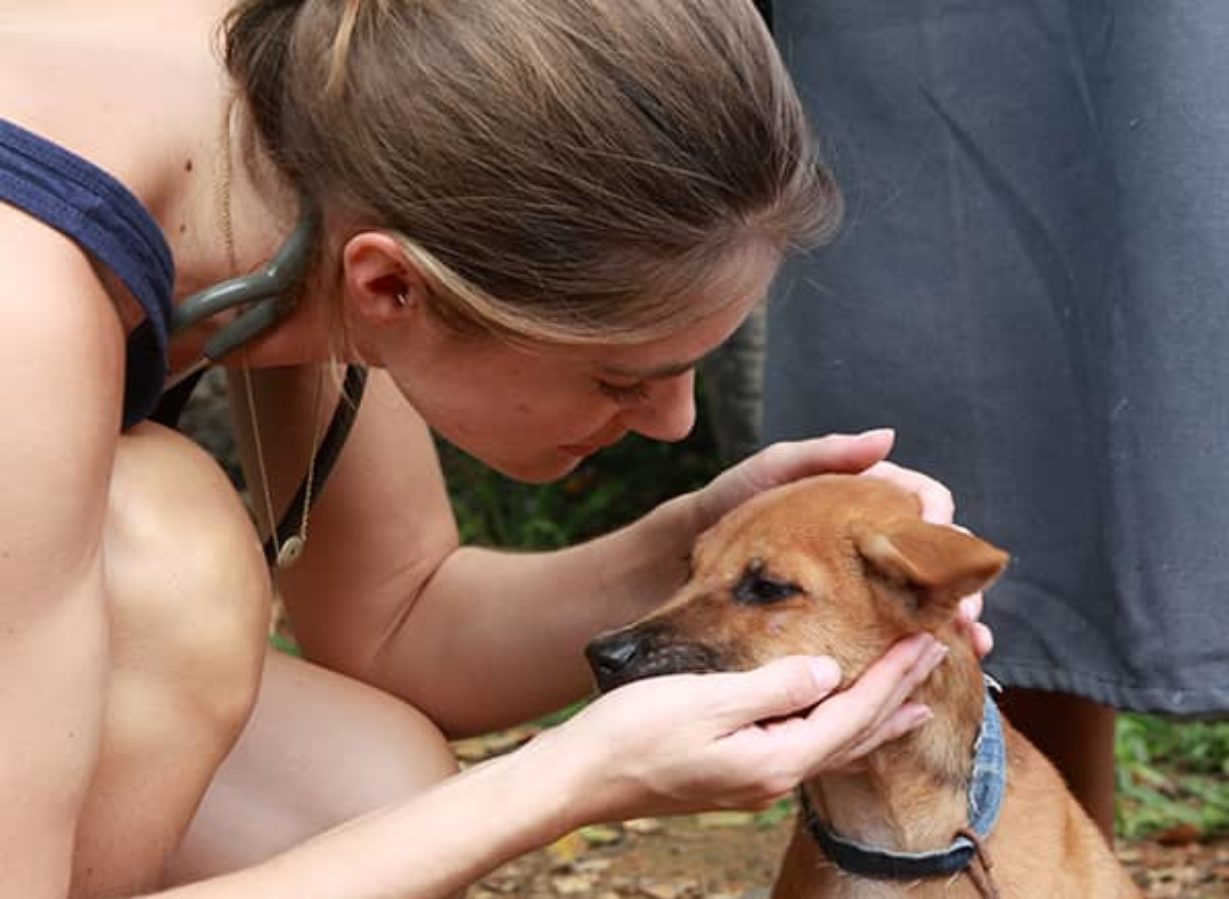
RABIES IS ENDEMIC
In Sri Lanka, 20-30 people still die each year because of rabies, and the majority of these were caused by bites from rabid dogs. This is heartbreaking as rabies is entirely preventable with vaccines. The most effective way of eliminating rabies in humans is to tackle it at its source - infected dogs. By vaccinating owned and street dogs against rabies, we can prevent the disease in humans, helping Sri Lanka achieve its goal of becoming rabies-free in the near future.
A typical day at the WECare hospital
There isn’t one. No day is the same as the previous- we are on the frontline and dealing with some of the worst cases imaginable. As a vet in the UK, you wouldn’t believe that some of the things we see in Sri Lanka are not only possible, but survivable. Just when you think you’ve seen the worst case of your career, along comes an even more extreme one. It is heartbreaking. But it is also the best feeling in the world to witness these animals fight and fight, and succeed in staying alive, in soaking up the joy that life has to offer. The grit and resilience they show in some of the most jarring situations is not also inspiring, but also just totally bloody unbelievable. We HAVE to be here. As vets and animal lovers, this is something we can’t ignore. The need is real, no matter how out of sight or out of mind.
TOGETHER, WE HAVE TO #BETHECHANGE
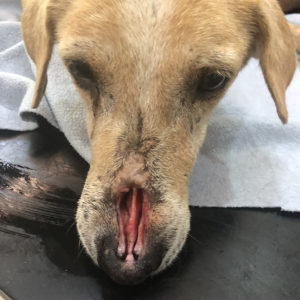
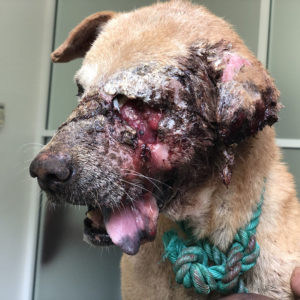
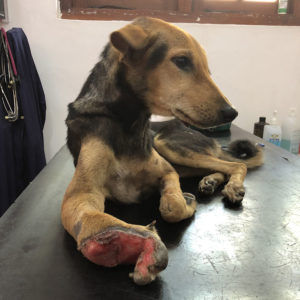
SEE BEYOND YOUR DAY-TO-DAY
The UK has 30,000 registered canine charities and 50,000 stray dogs. Compare this to Sri Lanka which has 3 million street dogs and only 30 registered animal charities. As the only veterinary hospital on the island dedicated to street dogs, this is akin to one vet serving the whole of the UK’s dog population – dealing with far worse cases than we’ve ever seen back home.
